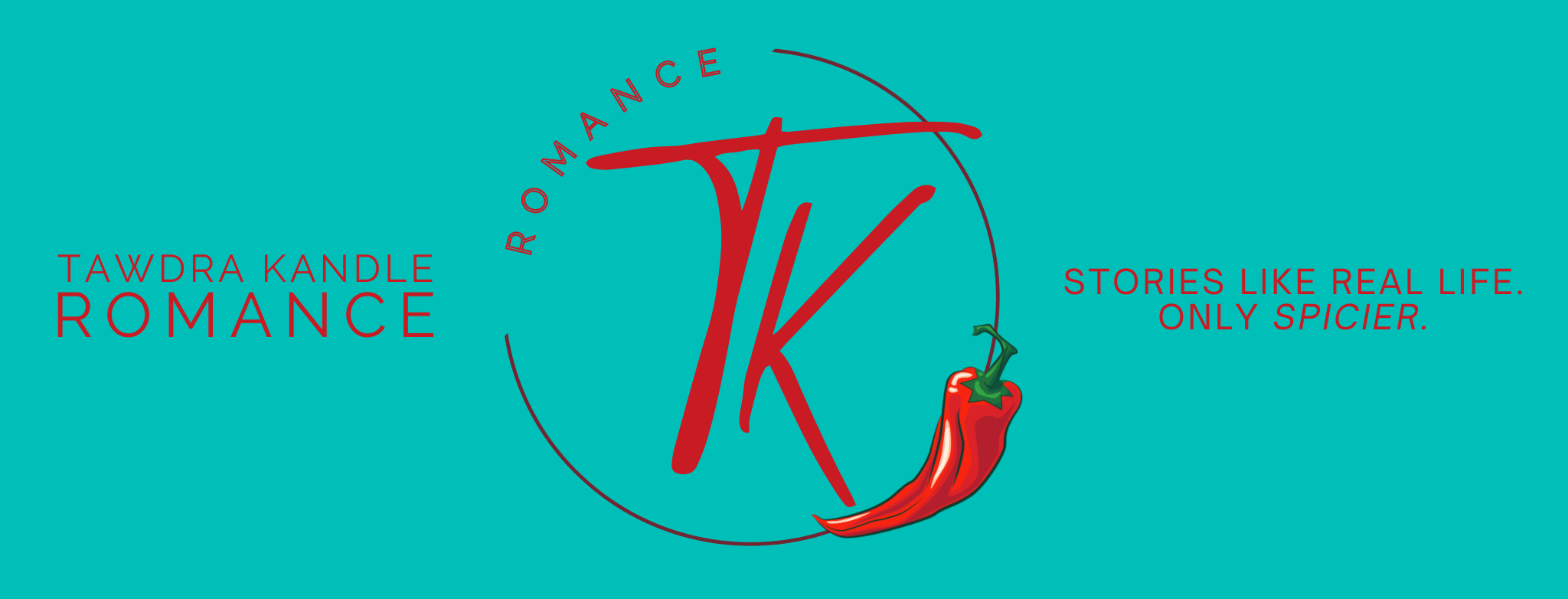I don’t like drama or controversy, but there are topics about which I am passionate. Motherhood. Homeschooling. Religion. History. Publishing. Strike up a conversation on any of those subjects, and we’ll be talking a long while.
But don’t worry, today I’m only tackling one aspect of publishing.
I make no secret of the fact that when I began my career as an author, I fully intended to go the route of traditional publishing. I anguished over query letters, fretted through rejections and did abundant research on agents. For two years, I pursued this path.
Over the course of time, though, I began to realize what I didn’t like about traditional publishing. The condescending attitude of some agents and editors rubbed me the wrong way. Don’t misunderstand me; I know that these people are bombarded almost around the clock by writers submitting manuscripts, asking questions, wanting information and any kind of connection. And some of the agents are actually quite gracious and kind. But others whom I met were jaded by the game. I didn’t learn anything from them, except that I really wasn’t sure I would want this kind of person repping my books and working closely with me.
There were other things that turned me off to traditional publishing, and there’s no need to list them. Suffice it to say that over time, it dawned on me that I had a unique opportunity to take my destiny–or at least that of my work–into my own hands.
Once I embraced that choice, I was pleasantly amazed by the kindness of the indie publishing community. Other authors who were further along the path were willing to give me tips and advice. Professionals helped me with PR, book covers and all the other aspects of publishing that I hadn’t considered.
In the indie community, we promote each other. We review each other’s books; we retweet; we give shout outs. We support each other, because we know that together, as a whole, we are stronger.
Are there some bad apples in the bunch? I’m sure, but I haven’t run across them yet. Are there bad writers who use indie publishing because they wouldn’t make it in mainline publishing? Sure. But there are also some really poor books that make it to the shelves even in traditional world. Believe me, I’ve read some of them!
I don’t think traditional publishing is going to die any time soon, and I hope it doesn’t. Some of my favorite authors live in that world, and I think it serves an important purpose. You won’t find me bad-mouthing it. But in return, I expect a little respect from those authors who went that route. Don’t assume that simply because I decided to go indie, I gave up. I didn’t. I made a choice that works for me, for my work and for my life.
Choice is almost always a good thing, and I am tremendously grateful that in the publishing world, we have lots of that now. Let’s support each other, whether we’re traditional, indie, e-book or trade. Build up, don’t tear down.
 First, I’m happy to announce that Breathless is available in BOTH ebook and in paperback. Go to Amazon NOW and order it!
First, I’m happy to announce that Breathless is available in BOTH ebook and in paperback. Go to Amazon NOW and order it!


